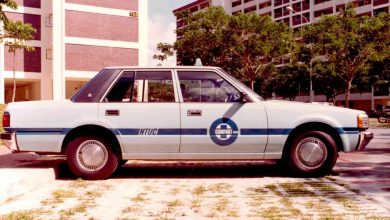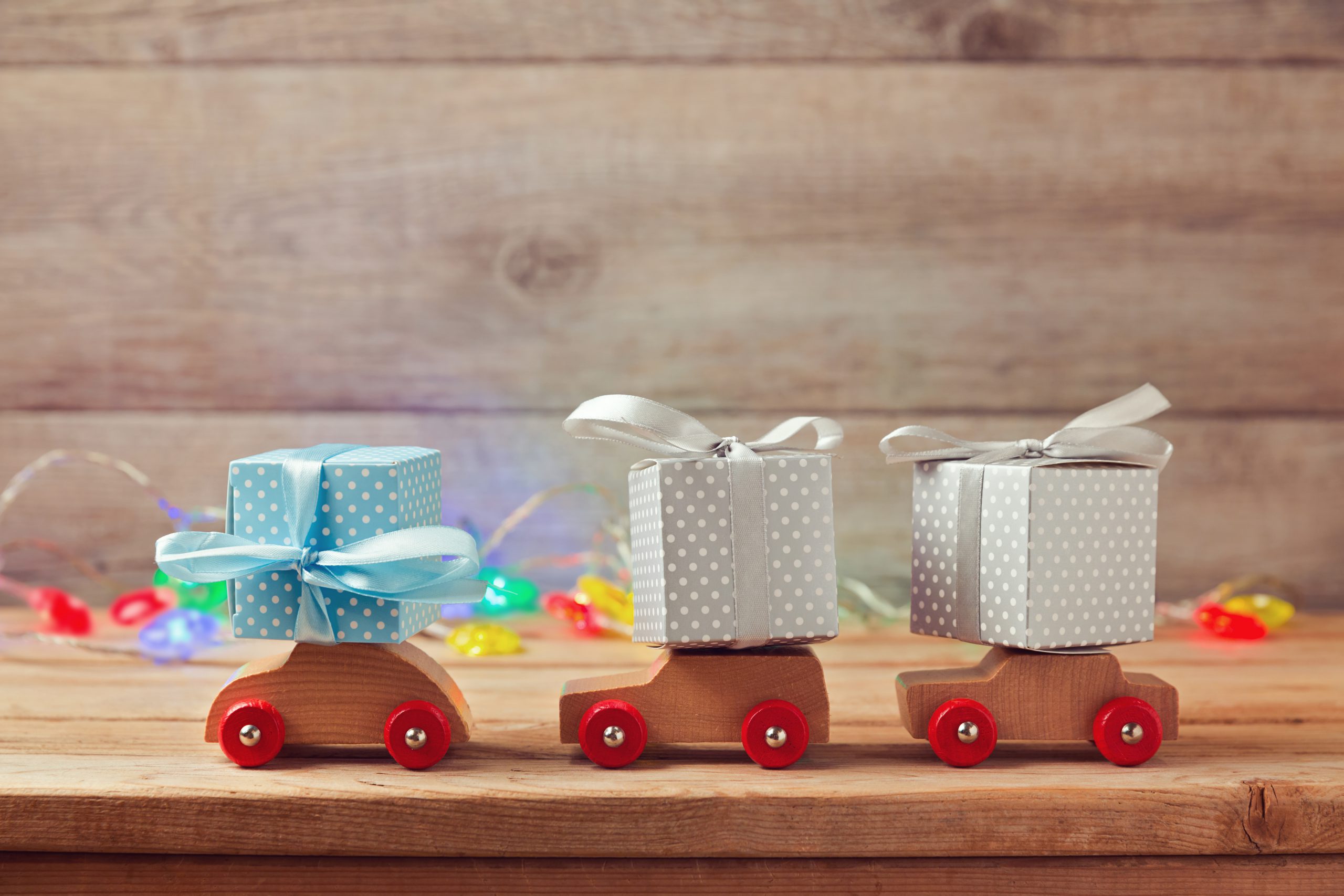You like cars. You like photography. You’ve got a shiny new ride you want to show off to the world. Just take it out somewhere and snap a few shots, easy right? Well, not exactly. Car photography can be tricky to figure out. But not to worry, all the gear you really need are the car, the camera and an eye for composition.
1. Location
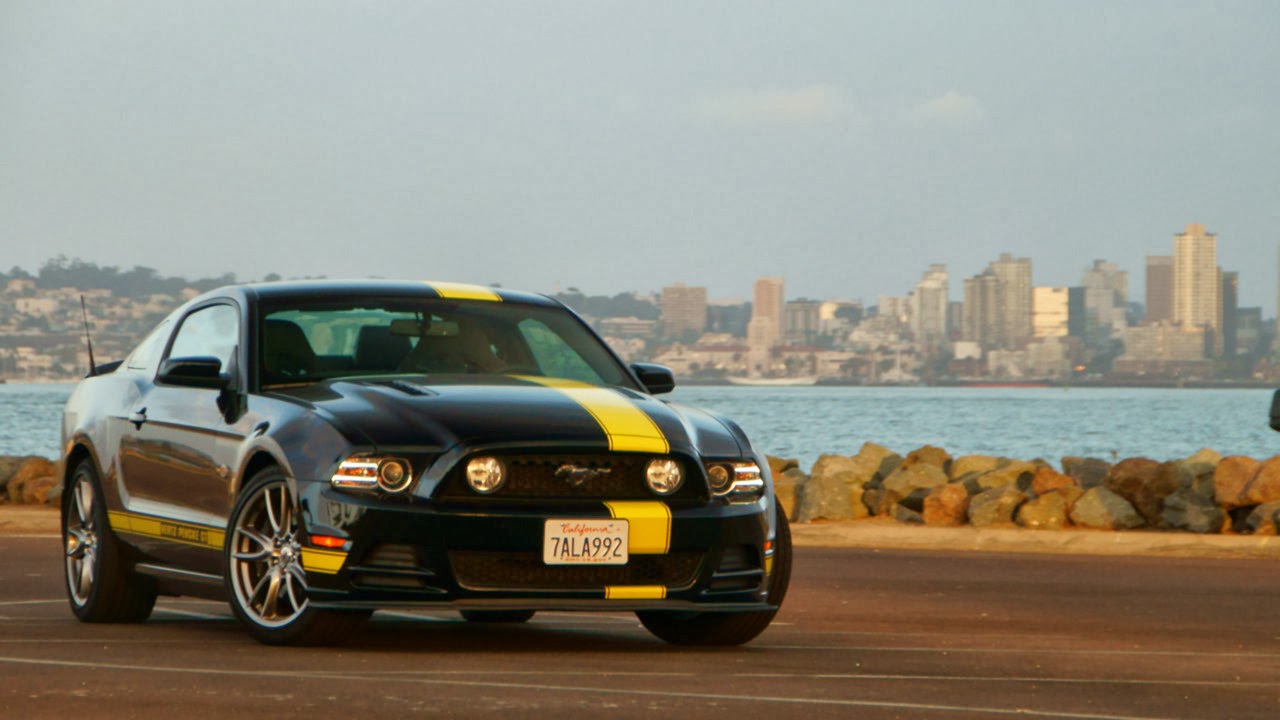
An ideal shooting location for car photography should be one where the car can be the centre of attention. The background should ideally complement the colour or theme of the car. Avoid having objects like rubbish bins, letter boxes etc in the background as these tend to distract the eye. Depending on the concept or theme of your shoot, you may sometimes want to include these in the composition. The popular Graffiti Wall shot is an example of how ‘distracting’ elements can add to a photograph.
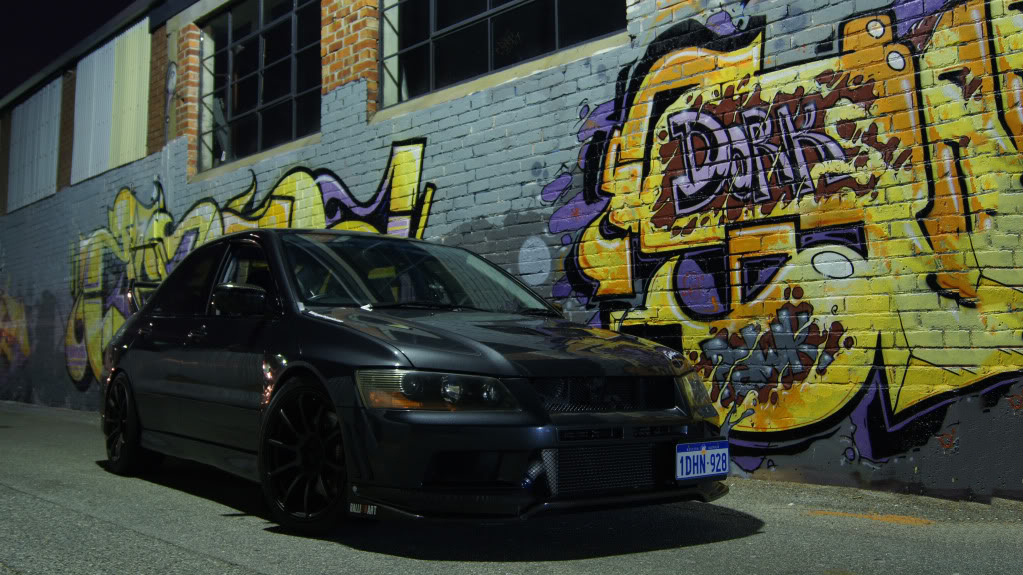
It is important to note how the surroundings and natural lighting relate to the car’s colour and how the tones in the shot complement and contrast each other. The few hours before sunset are ideal as the natural light is warm and soft.
2. Positioning and Angles
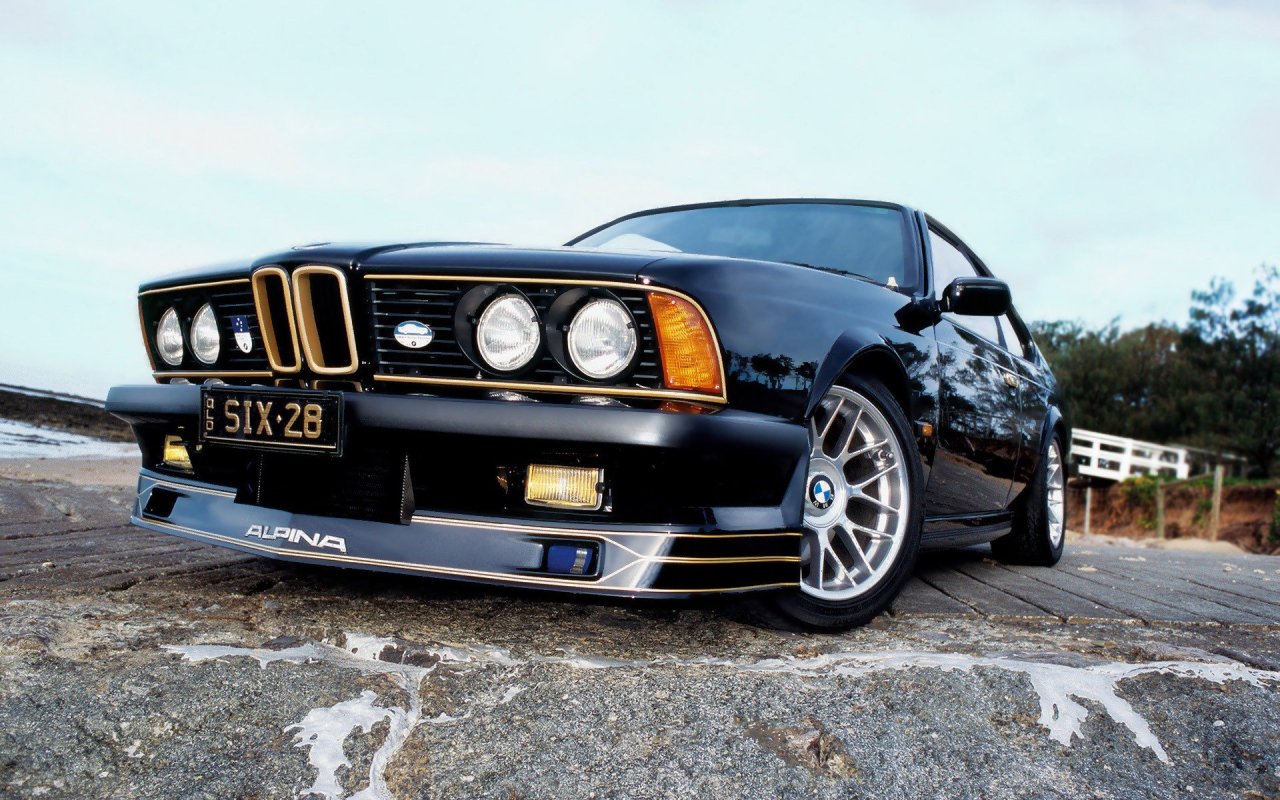
The three quarter view is probably the most commonly used angle for full body shots in car photography. This angle emphasises the front grille, hood and side panel. It also has the benefit of hiding unwanted reflections of the photographer. This is important as the glossy coats of cars reflect a lot of light. White and silver cars diffuse the reflected light quite easily but black cars are almost like a mirror.
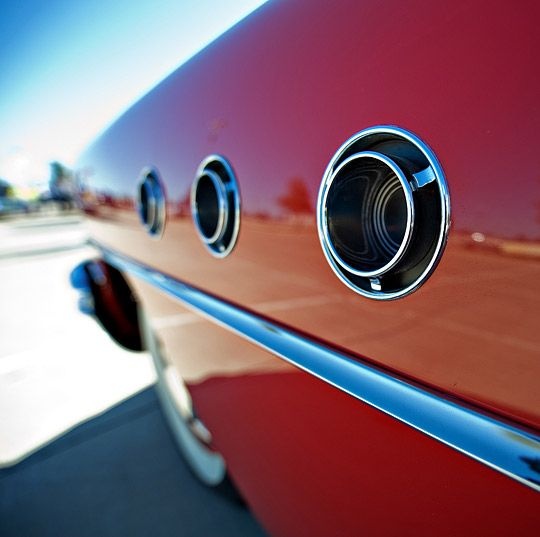
Keep this in mind when capturing close-ups of exterior details. Shooting at an angle instead of straight on will help in hiding reflections. You should play around with various angles to exploit details such as lines and curves to create more dynamic shots.
If the subject is a more rugged car like a range rover, taking the shot from a low angle can let the car look more impressive and imposing. You can even try all sorts of angles like from the top or even from ground level to get shots from different perspectives.
Remember that you can fix visual flaws on a computer but you can’t fix bad composition.
3. Settings and Miscellaneous
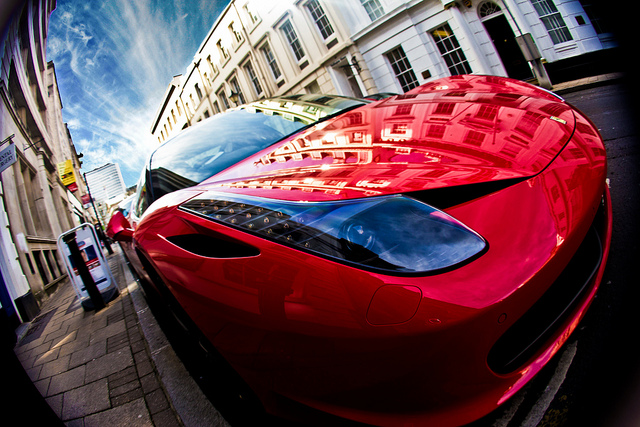
Some of these might be obvious for more seasoned photographers but it’s important to have the correct white balance for the ambient light. You don’t want your subject looking too blue or yellow for instance.
While not necessary, different types of lenses (if using a DSLR) such as wide angle lenses or even fish-eye lenses can result in interesting and unique shots and compositions.
4. Bonus
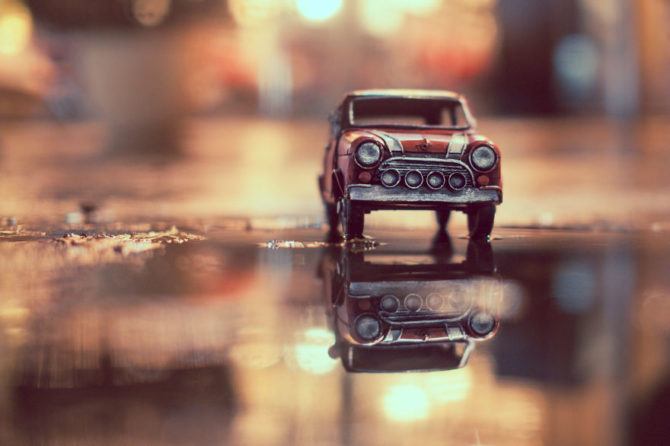
Did you know that you can dabble in car photography without needing to shoot actual cars?
Using scale models of cars and some creativity, you can have fun creating your own photo-realistic scenes!
Remember, there’s no need to get caught up in flashy cars and expensive gear. it’s all about the perspective!


